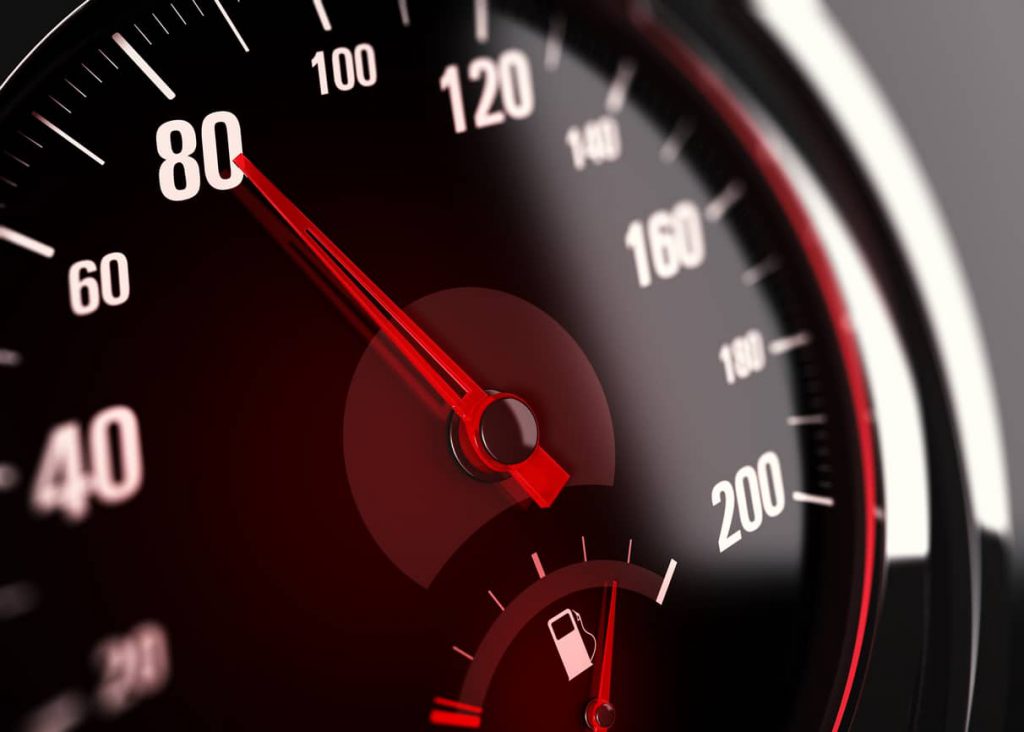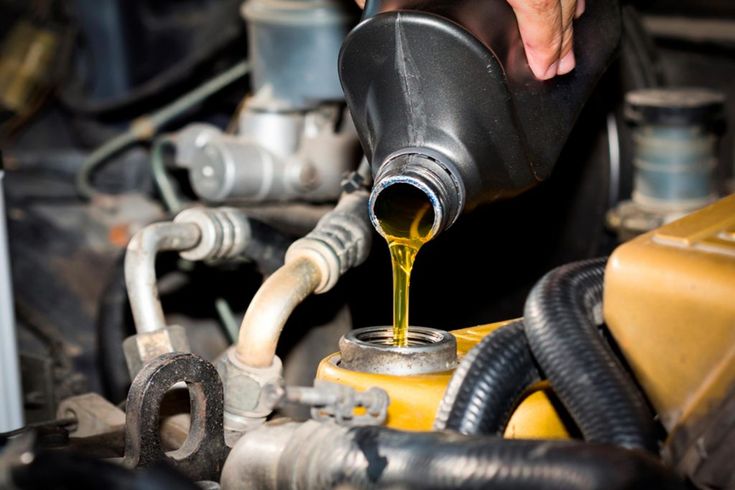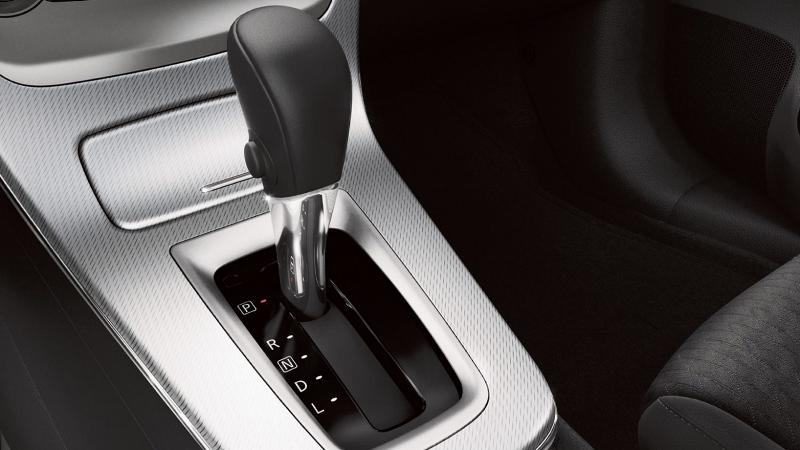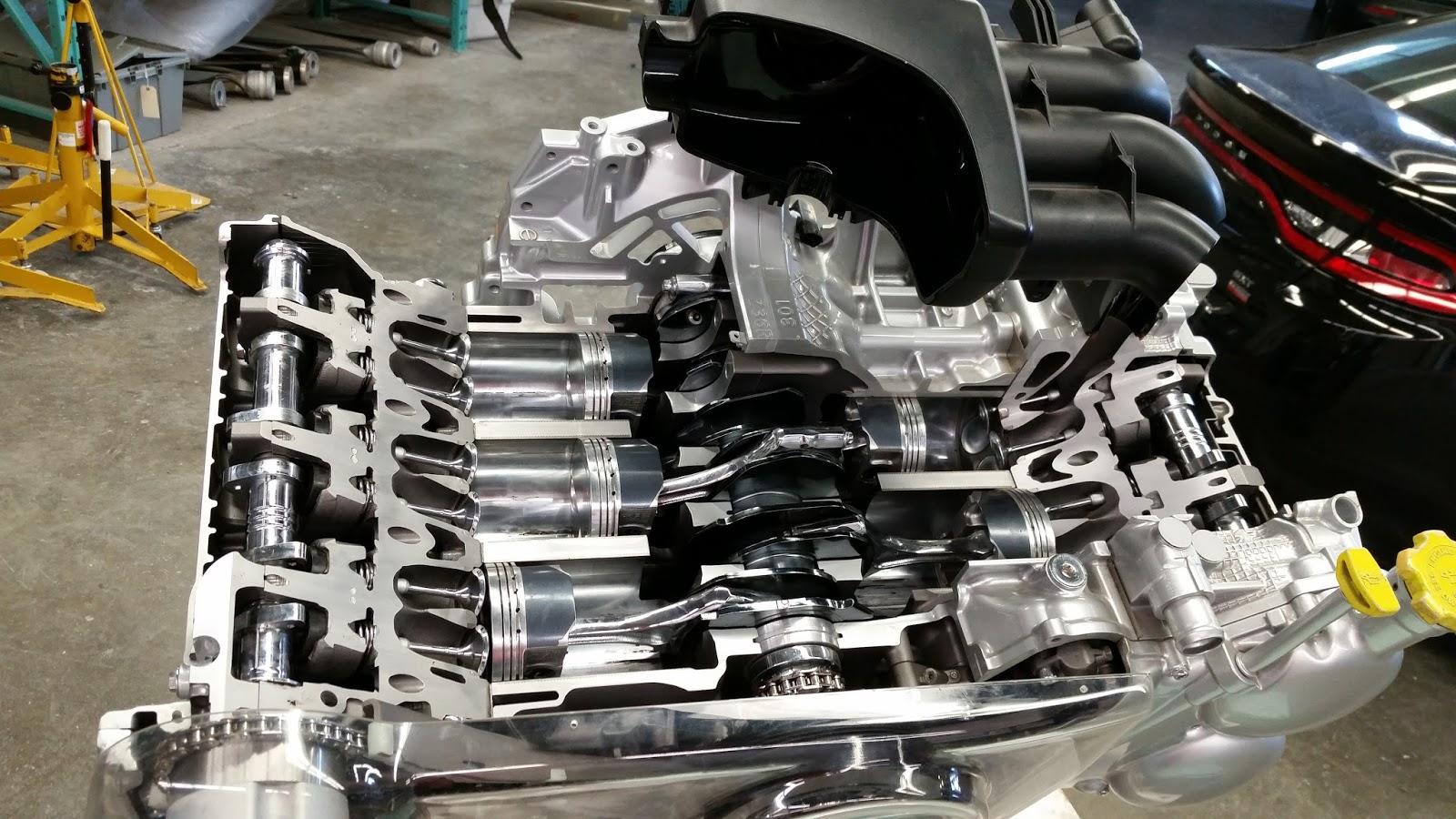Ticking Noise In Engine When Idle And Accelerating
Ticking sounds from the engine, especially when idling or accelerating are the last thing you want to hear when you’re driving and they can be unsettling. From minor inconveniences to serious engine damage can be the reasons for this problem.
If you have a ticking noise in engine when idle and accelerating, it’s time to find the causes and solutions for this issue before more dangerous problems develop:
Common Causes Of Ticking Noise In Engine When Idle And Accelerating
The vehicle engine is a complex system of interconnected parts that work in logic. Any unusual noises, especially persistent ticking, indicate a disruption of this process. Ignoring it will make the problem worse, and affect the safety of drivers when traveling.
When hearing the ticking sound, it’s very important to find out where the noise is coming from and you need to answer some questions to help diagnose the problem exactly:
- Does the sound increase with the engine RPM when stopped?
- Does the sound increase with speed when moving?
- Does the sound come from the bottom or the top of your engine?
After identifying the issue, we will go over several possible causes of the ticking sound from engine. So why is my engine ticking, let’s find out:

Valve tick
The valve tick can be due to worn or improperly adjusted valves. So when the valves open or close, they can tap against the valve rocker arms or seats making a ticking sound. Generally, you will hear ticking noises more pronounced at idle and decreasing when increasing your engine speed.
Despite making annoying sounds, valve tick is not usually a serious problem. However, if ignored, it can cause to degrade your engine performance and fuel economy.
Low engine oil
The second thing that can cause is the going to be low engine oil. It can create a ticking sound as the metal parts rub against each other without proper lubrication. Insufficient oil in the engine causes the pressure to drop and ticking to start. As you accelerate or apply more force to your car, the engine ticking noise may get louder.
Over time, the low engine oil can cause problems with lifters, followers, or the camshaft itself, causing ticks. So the important thing to do is check the engine oil to be sure that it’s at the correct level.
Poor oil quality
Poor oil quality or wrong viscosity may happen If you haven’t changed the oil and filter. A clogged filter or tainted oil can reduce pressure which causes ticking. It’s also crucial to use the appropriate oil viscosity. If not, there won’t be enough lubricant for the engine’s internal parts. Thinner oil might not provide sufficient lubrication under high loads, while thicker oil can hinder oil flow and increase friction.
Lifter tick
Lifter tick-like clicking or tapping sounds coming from your car engine and most noticeable when idling or accelerating. The cause of the problem can arise from hydraulic lifters, which use oil pressure to maintain valve clearance and can become clogged or worn, leading to a ticking noise.
Additionally, lifter tick can happen due to dirt in your engine oil, low engine oil levels, improper lifter spacing, or overall faulty lifters. You can get rid of the lifter ticking sound by changing the engine oil, cleaning the lifter with oil additives, adjusting the lifter spacing, and in rare cases replacing the entire lifter.
Exhaust leak (Around the exhaust manifold)
Gases are diverted from the engine by the exhaust manifold. The manifold gasket is susceptible to deterioration and failure and there’s a leak as a result. Particularly at lower RPMs, the engine begins to tick as exhaust gases leak from the manifold. If the gasket isn’t the source of the leak, a crack in the manifold may be to blame. Broken exhaust manifold bolts allow a cold manifold to seep gasses around it versus through the exhaust system, creating that ticking sound. Beyond the annoying ticking noise, an exhaust leak can also affect engine performance and fuel efficiency. It can affect the engine’s air-fuel mixture and reduce power output.
Ticking Sound In Engine While Idling And Accelerating: How To Fix?
After identifying the issues of engine ticking sounds, you should fix it as soon as possible. By taking immediate action, you can avoid more serious and costly issues. Here’s how you can fix this problem:

Check the engine oil
When you detect a ticking noise when accelerating or idling, you should check the engine oil and add more engine oil if necessary or replace the oil if the oil is degraded. If the oil condition is the color of coffee with milk, you need to bring the car to the garage for immediate inspection.
It’s very important to make sure your engine has enough oil.
Use the dipstick to check the oil level and determine whether oil needs to be added. If you keep adding oil, you should check for potential oil leaks. If the cause is due to oil pressure, drivers should go to specialized repair facilities to check the oil pump or the part that supplies oil pressure inside the engine. And don’t forget to use the correct oil type and viscosity is crucial. Refer to your owner’s manual for specifications.
Timing chain or belt
A ticking noise in your engine can be caused by issues with the timing chain or belt. These parts synchronize the movement of the crankshaft and camshaft, ensuring proper valve timing for optimal engine performance. Over time, timing chains and belts can wear out or stretch causing loose tension and a ticking or rattling noise.
If you suspect a problem with your timing chain or belt, replacement of these crucial parts is an inevitable thing. Timing chain or belt replacement is a complex procedure that requires specialized tools and expertise. So it’s recommended to seek professional help immediately.
Warm up the engine
Let your engine warm up completely to help the oil to flow normally. The engine must reach its normal operating temperature. Allow the engine to warm up fully if you only hear the ticking sound when you start it.
If after changing the oil and applying the above solutions the ticking sound still does not go away, you may need to replace engine parts such as the camshaft, crankshaft, valves, or connecting rod bearings.
In addition, you should also pay attention to changing engine oil regularly and periodically. Be sure to change the correct type of engine oil to avoid creating sludge in the engine, or causing unexpected knocking sounds.
Watch more:
Ticking noises from vehicles are generally too difficult to detect. That’s why car mechanics often require a test drive to listen and detect the source of the sound. If you can find the exact source of the strange sound yourself but need to intervene deeper inside the engine, it is best to take your car to a reputable address for car care and maintenance.














